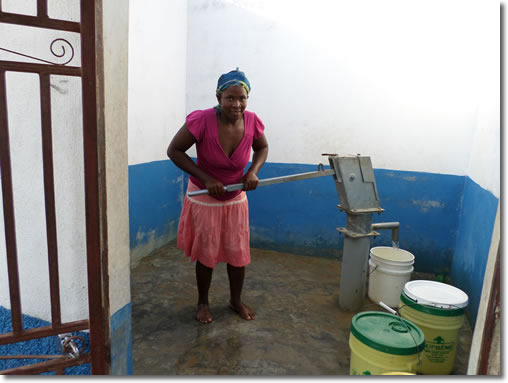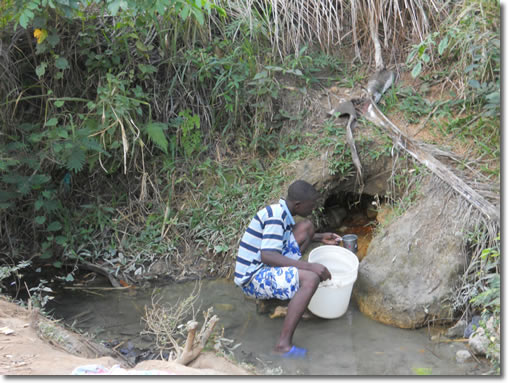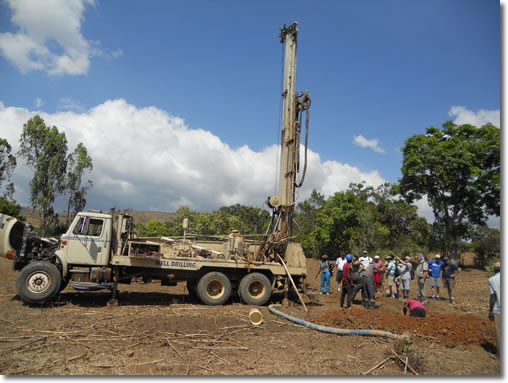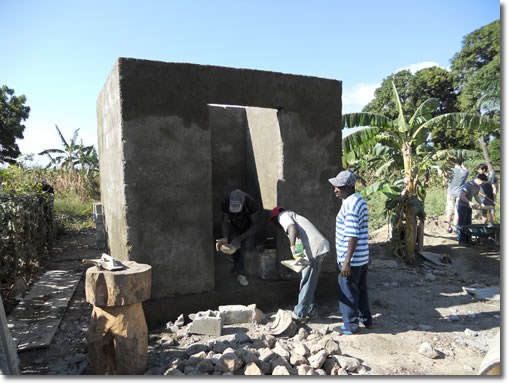Drinking Water Protection
- Drinking Water Protection Home
- About Us
- A-Z Index of Contaminants in Water
- Community Public Water Supply
- Drinking Water Grants and Loans
- Drinking Water Institute
- Drinking Water in Schools and Child Cares
- Drinking Water Revolving Fund
- Laws and Rules
- Noncommunity Public Water Supply
- Source Water Protection
- Water Operator and Certification Training
- Drinking Water Protection Contacts
Related Topics
- Annual Reports
- Drinking Water Risk Communication Toolkit
- Drinking Water Protection External Resources
- Fact Sheets
- Forms
- Invisible Heroes Videos: Minnesota's Drinking Water Providers
- Noncom Notes Newsletter
- Sample Collection Procedures (videos, pictures, written instructions)
- Waterline Newsletter
Related Sites
- 10 States Standards
- Clean Water Fund
- Health Risk Assessment – Guidance Values and Standards for Water
- Minnesota Well Index
- Water and Health
- Wells and Borings
Environmental Health Division
Haiti Outreach Promotes Water Independence
From the Winter 2014-2015 Waterline
Quarterly Newsletter of the Minnesota Department of Health Public Water Supply Unit, Waterline
A complete list of feature stories can be found on the Waterline webpage.
 |
Professionals in the water industry in the United States appreciate the quality of drinking water most Americans receive and that many take for granted. These professionals also know that many places in the world aren’t as fortunate and that a lack of safe water is a major factor in problems—both health and economic—that developing countries face.
Some are far away, such as Africa, but a group called Haiti Outreach Inc. is focused on an area only 600 miles from the United States. Sharing the island of Hispaniola with the Dominican Republic—flanked by the Atlantic Ocean and the Caribbean Sea to the north and south and by Cuba and Puerto Rico to the west and east—Haiti is trying to work its way back to the standards of life of its neighbors.
The challenges of many Latin American countries and commonwealths are not as acute as those in Haiti, which is ranked as the poorest in the Americas by the Human Development Index, using statistics related to life expectancy, education, and income. The 30-year reign of François “Papa Doc” and Jean-Claude “Baby Doc” Duvalier caused many citizens to leave the country from 1957 to 1986. “Their dictatorship wiped out more than a generation of the middle class,” said Dale Snyder, the executive director of Haiti Outreach, of the Duvaliers. “The country has not recovered, and it might take another 20 years.” A devastating 2010 earthquake near the capital city of Port-au-Prince was another setback to Haiti’s recovery.
With regard to water, Haiti ranked last of the 147 countries studied by Keele University of England for clean and available water.
Haiti Outreach has been working since 1977 to forward its vision of Haiti becoming a developed country with clean water, adequate food, proper sanitation and medical care, electricity and infrastructure, and education and job opportunities for all. Its mission is based on sustainable development and not relief. Snyder said 90 percent of the organization’s work focuses on water and that community ownership, management training, and effective use of the economic system are the keys to their work and what distinguishes their organization. “Many relief-based non-profits, however well-intentioned, create dependency, which is counterproductive to moving Haiti forward as a developed country.”
Snyder explained that Haitian communities must make a request for engagement and then meet certain criteria. “If, for example, they want a well, they need a letter signed by five people, three of whom must be women. The project ideas must originate from them. They must initiate and take action.” The community must purchase the land for the well so that it is on public, not private, land. The average well depth is 200 feet, which is below the reach of human contamination. As an undeveloped country with little industry, Haiti has little pollution. “Almost everything is organic,” said Snyder.
The communities elect a water-management committee, and Haiti Outreach sends trainers (called animators) to teach them how to manage and maintain the wells, develop their own rules and regulations, and raise money for future repairs. The management committee consists of volunteers, although they will hire a guard at the wellhouse to manage it when it is open, and the committee will raise money with subscriptions to cover the annual maintenance fee of approximately $25.
Only subscribers to the system may get water, but the subscription fee is only about 50 cents per year. Even with average income of only $2 a day, the fee is affordable. “For that, they get clean water,” Snyder said, adding that there is still some resistance because water is seen as free. “This is a cultural change.”
 |
| Many residents in Haiti still get water from places like this and may have to travel a considerable distance to get it . Haiti Outreach has three well-drilling rigs in the country. |
 |
Staff from Haiti Outreach inspects the well monthly for two years after it is drilled and stresses maintenance. They also conduct sanitation education and train volunteer teachers to continue that education in each community. Over the last three years, the organization has seen a 99-percent success rate with wells being maintained. Snyder said, “with some success,” they have convinced the national government to become involved with registering public wells and certifying the water systems in addition to training inspectors. “Eventually we can back out of this business and have the government take over,” said Snyder, although he doesn’t think it will be soon. “If it can happen in 10 years, I’ll be floored.”
Headquartered in Hopkins, Minnesota, Haiti Outreach is a non-profit organization funded by foundations and donations from individuals, churches, and civic groups. Rotary International has been a key contributor for water projects in Haiti and other parts of the world. Ron Axel, a Rotary member and active participant in Haiti Outreach, recalls a “magical quote” he heard after Rotary drilled a well: “Since Rotary, the children have stopped dying.”
Haiti Outreach is now on a 100-well initiative in northeast Haiti in collaboration with the national government over the next three years, but they must raise money for it. “Water brings everyone together. There is no argument over need,” says Snyder, always emphasizing the importance of self-sufficiency and communities taking ownership of the water systems.
Haiti Outreach leads education and work trips to Haiti about six times a year. The trips are usually about eight days long. More information about group trips is available at through the Haiti Outreach website.
 |
| Above: Ron Axel and Dale Snyder. Below: A wellhouse under construction in Haiti. |
 |